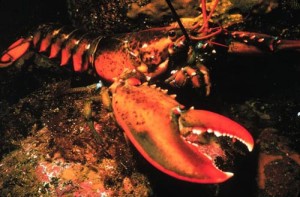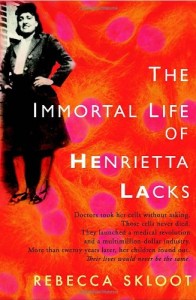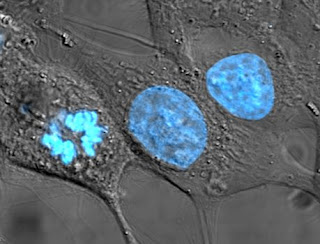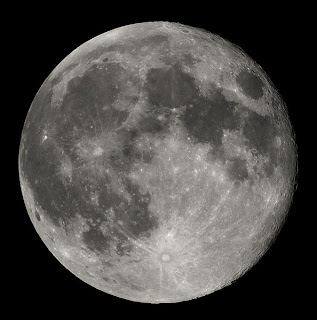Go ahead, ask me about lobster sex. I know far more about lobster love than I ever really wanted or would need to know thanks to Trevor Corson’s book The Secret Life of Lobsters. I read Corson’s book for J669 and I have to say, it was a struggle to get through even though I did find a lot of elements in the book compelling.
Corson interweaves lobster research in with the lobster fishing industry of Maine to drive the book forward. The personal stories of the lobster men and their families add a lot of interest to the book. But, toward the end I really found myself struggling to finish the last few chapters because the research was so boring.

Source: Wikimedia Commons.
I really pushed myself to get through all of the pages of description detailing the fluctuations in the lobster population and how lobsters migrate and where lobsters live during certain parts of their life. The hardest part about those chapters was that Corson never arrived at any conclusions. The researchers he wrote about work really hard to pinpoint why the lobster population fluctuates, and after all those pages they don’t reach a conclusion. Ending with the idea that populations naturally vary was so anti-climactic. I was disappointed.The first few chapters about scientific research focus on how a lobster molts (sheds it shell so it can grow) which I found really interesting, and about how lobsters mate. Is it stereotypical that I was entertained by the chapters about lobster sex, but once the book started focusing on lobster habitat and the lobster’s life cycle I found myself hopelessly bored?
Actually, the book officially ends with a discourse on whether or not it is humane to boil lobsters live, which I find sort of perfect. But the rather piddly end to the scientific research was still a let down.


